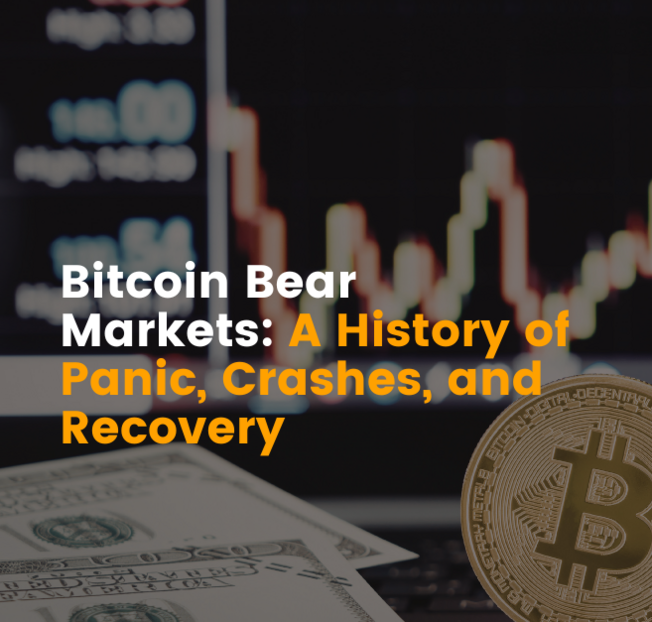What’s the “rice and chessboard” problem, and how does it relate to the exponential growth we are seeing in the world today?
The “rice and chessboard” is an ancient story about how our linear brains are caught off-guard by exponential growth. It comes from an Indian parable about the inventor of the game of Chess.
So the story goes, the inventor of Chess presented the game to the Emperor of India, who is so impressed he offers the inventor any reward he wants. The inventor asks for a single grain of rice on the 1st square of his chess board, two on the 2nd, four on the 3rd and so on.
The Emperor is amazed at the modesty of the inventor’s request, and thinking it can’t be that much rice, he grants the gift.
But he soon becomes enraged when the court treasurers report that by the 64th square, he would need to deliver 18,446,744,073,709,551,615 grains of rice – or a heap larger than Mount Everest (and more than 1,000 times the world’s annual production of rice).
Unfortunately, the inventor loses his life as a result. But not before making the point that exponential growth rapidly leads to results we can hardly comprehend.
Futurist, Ray Kurzweil, refers to the period we are in now as the “second half of the chessboard”, when the doubling in computing power and artificial intelligence suddenly become startlingly visible at an accelerated rate.
In a recent interview, Andrew McAfee, who wrote ‘The Second Machine Age’ said “Things only get crazy in the second half of the chessboard.” In his book, he calculated that Moore’s Law predicted a doubling computer power every 18 months from 1958 onwards and, “by that calculation, we entered the second half of the chessboard with digital progress in about 2006.”
He continues, ”For me that really helps me to understand why we are seeing smartphones and self-driving cars, and automatic translation and powerful artificial intelligence and this amazing parade of technologies. I think of them as second half of the chessboard technologies.”
The second half has only just begun. What challenges and opportunities lie ahead in these exponential times? Do you have a second half of the chessboard business? What part will you play as the future unfolds?
















Leave a Reply